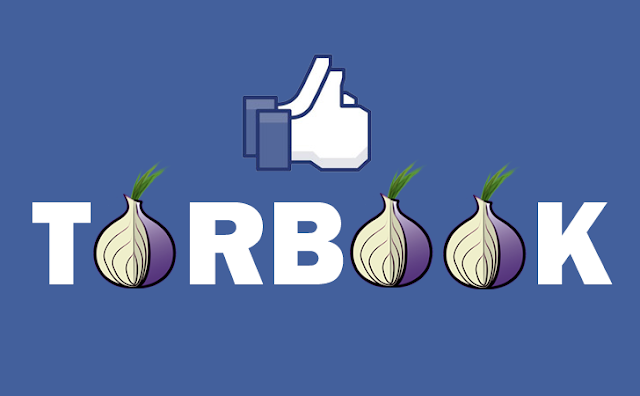If
you are fan of the largest social networking site Facebook, but also
want to remain anonymous while using your Facebook account, then there
is really a Good news for you.
Facebook on Friday began
offering a way for security and Privacy conscious users to connect to
its social networking service using the anonymizing service running on
the Tor network, by launching a .onion address. This is really a historic move of the social network.
Tor Browser
is an open source project, launched in 2002, designed to increase the
anonymity of your activities on the Internet by not sharing your
identifying information such as your IP address and physical location
with websites and your service providers. Browsing and data exchange
over a network is made through encrypted connections between computers.
The social network just created a special URL – https://facebookcorewwwi.onion
– that will allow users running Tor-enabled browsers to connect
Facebook’s Core WWW Infrastructure. Hidden services accessed through the
Tor network allow both the Web user and website to remain anonymous. Do
note that the Tor link will only work on Tor-enabled browsers.
"Facebook’s onion address provides a way to access Facebook through Tor without losing the cryptographic protections provided by the Tor cloud," Alec Muffett, a software engineer with Facebook’s security infrastructure group, said in a blog post. "It provides end-to-end communication, from your browser directly into a Facebook datacenter."
Facebook
has previously been criticised by Tor users as the company’s security
features treated Tor as a botnet — a collection of computers designed to
attack the site. Users were able to access their Facebook account
before today, but it often loaded irregularly with incorrectly displayed
fonts and sometimes didn't load at all.
Back
in 2013, the social network assured Tor users that the company would
work with Tor service on a possible solution. Now, after a year, we can
see a great move from Facebook’s side with the launch of a dedicated Tor
access address. However, the company said that the Tor network may
poses some risks as the .onion address is described as an "experiment"
by the social network.
"Tor challenges some assumptions of Facebook's security mechanisms – for example its design means that from the perspective of our systems a person who appears to be connecting from Australia at one moment may the next appear to be in Sweden or Canada," Alec Muffett said.
"In other contexts such behaviour might suggest that a hacked account is being accessed through a "botnet", but for Tor this is normal. Considerations like these have not always been reflected in Facebook’s security infrastructure, which has sometimes led to unnecessary hurdles for people who connect to Facebook using Tor."
Furthermore, the company also offers encryption
using SSL over Tor with a certificate that cites the unique Tor
address, so that users won’t have to deal with SSL certificate warnings
and can therefore be assured they are connecting to a secure and real
Facebook, preventing users from being redirected to fake sites.
Runa Sandvik, a security researcher who was consulted by Facebook on the project and previously worked at the Tor Project, tweeted, "The
launch of the Facebook Tor hidden service also marks the first time a
CA has issued a legitimate SSL cert for a .onion address."


No comments:
Post a Comment